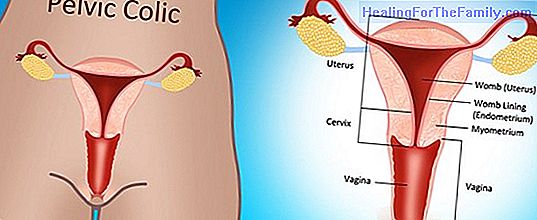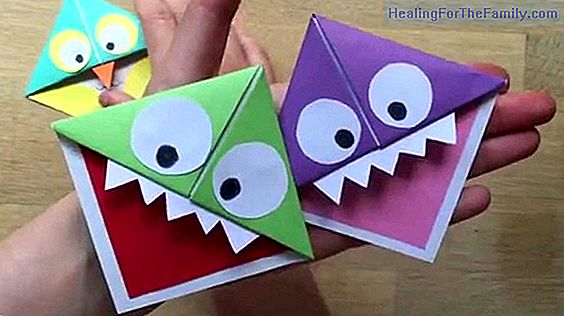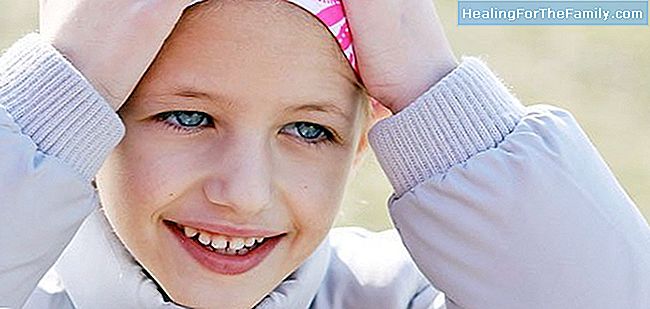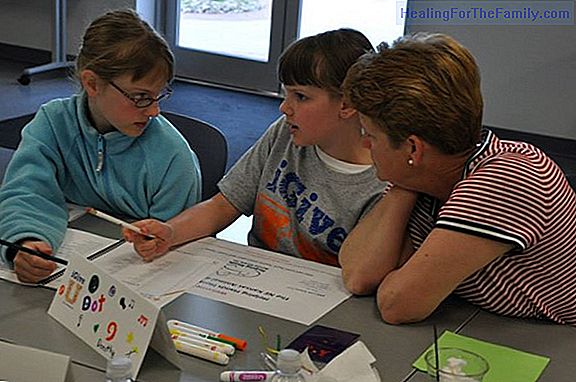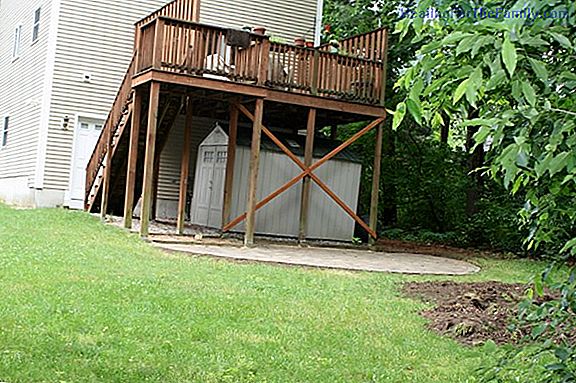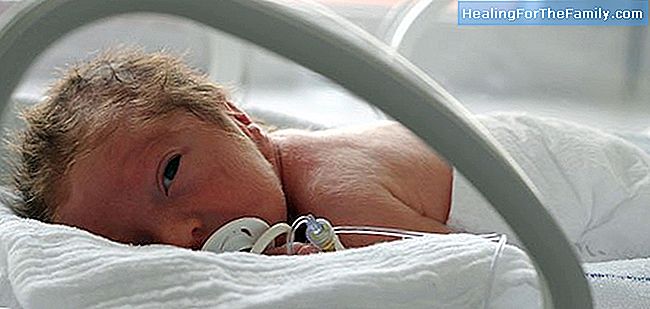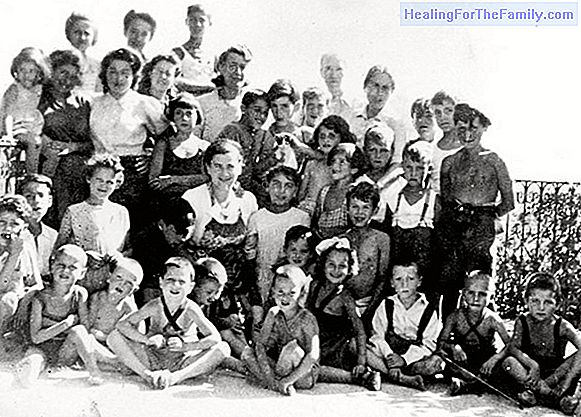Hepatitis in children. Prevention and treatment
If our child's liver becomes inflamed because of an infection or a virus, we say that he has become ill with hepatitis. But there are different types of hepatitis (hepatitis A, B, C, D, E and G) and not all have the same treatment. In fact, some are more aggressive than others. The best, of course,
If our child's liver becomes inflamed because of an infection or a virus, we say that he has become ill with hepatitis. But there are different types of hepatitis (hepatitis A, B, C, D, E and G) and not all have the same treatment. In fact, some are more aggressive than others. The best, of course, is to prevent, always maintaining proper hygiene and respecting the schedule of childhood vaccinations.
Prevention of hepatitis in children

Prevention is better than cure, and in the case of hepatitis, more so. The hepatitis that most affects children is hepatitis A. It is transmitted by a virus that lives in the feces and spreads in a fecal-oral manner. The main way to prevent this type of hepatitis is to educate children from a young age so that they comply with a series of basic hygiene standards.
- Make him understand how important it is to wash his hands before touching a food.
- Teach her to go to the toilet, to clean herself correctly and to wash her hands before leaving the bathroom.
- If you eat unpeeled fruit, teach it to wash it well.
In addition to all these measures, there is also a vaccine against hepatitis A on the market. To prevent hepatitis B, there is also a vaccine. It is included in the children's vaccination card and you only have to go when your child's turn. The hepatitis B vaccine is given in three doses: first, to newborns. The second dose is at 2 months. The third and last, at 6 months. Hepatitis C is prevented by scrupulous personal hygiene. For example, not using the toothbrush of another infected person. But this type of hepatitis is much less common in children.
Treatment of childhood hepatitis
Treatment of this disease in children depends on the type of hepatitis you have:
- Hepatitis A is incubated for about 28 days and the disease manifests for weeks or months. Does not need any treatment. The symptoms subside slowly on their own. It is only recommended to maintain a correct hydration after each episode of diarrhea and vomiting.
- Hepatitis B may or may not need treatment. The pediatrician will determine if the child needs it. There are specific medicines for hepatitis B. Some are given by subcutaneous injections. In most cases, these medications do not completely eliminate the disease, but they do keep it 'inactive'.
- Hepatitis C requires treatment. One oral (ribavirin) and one subcutaneously (pegylated alpha interferon) is combined. This treatment can be maintained for 48 weeks.

